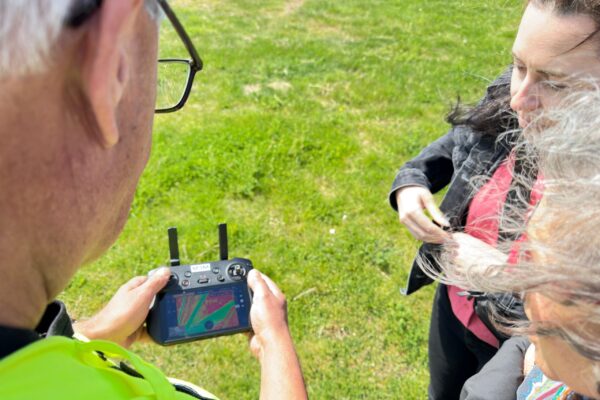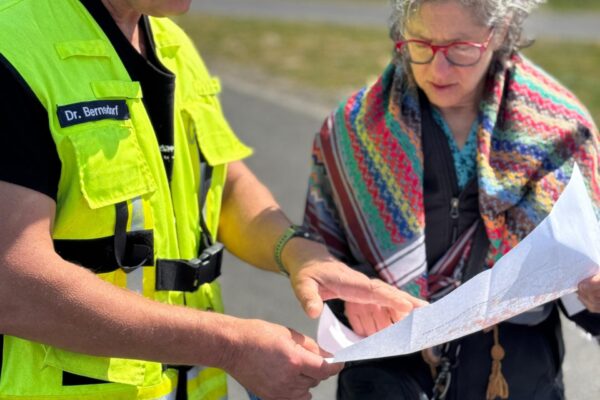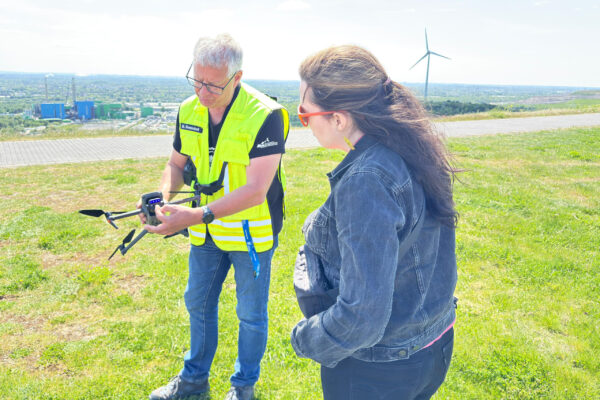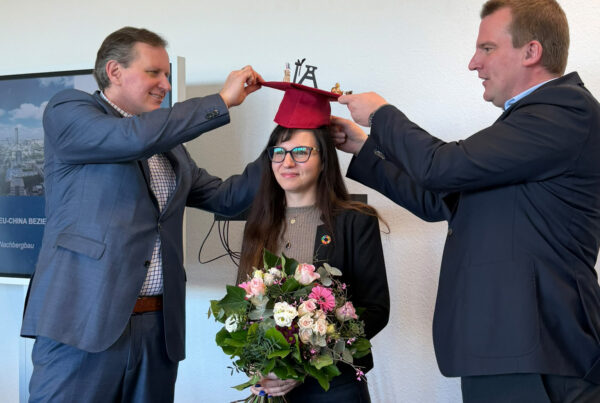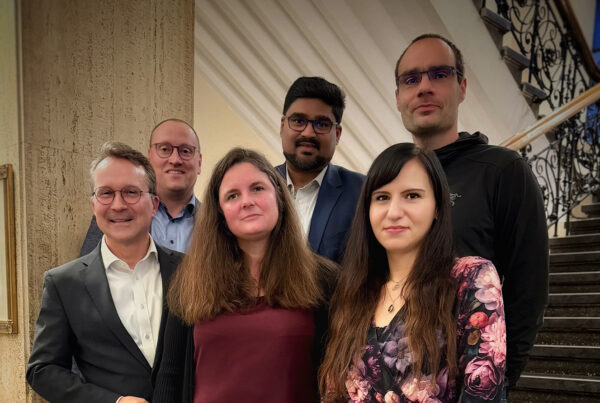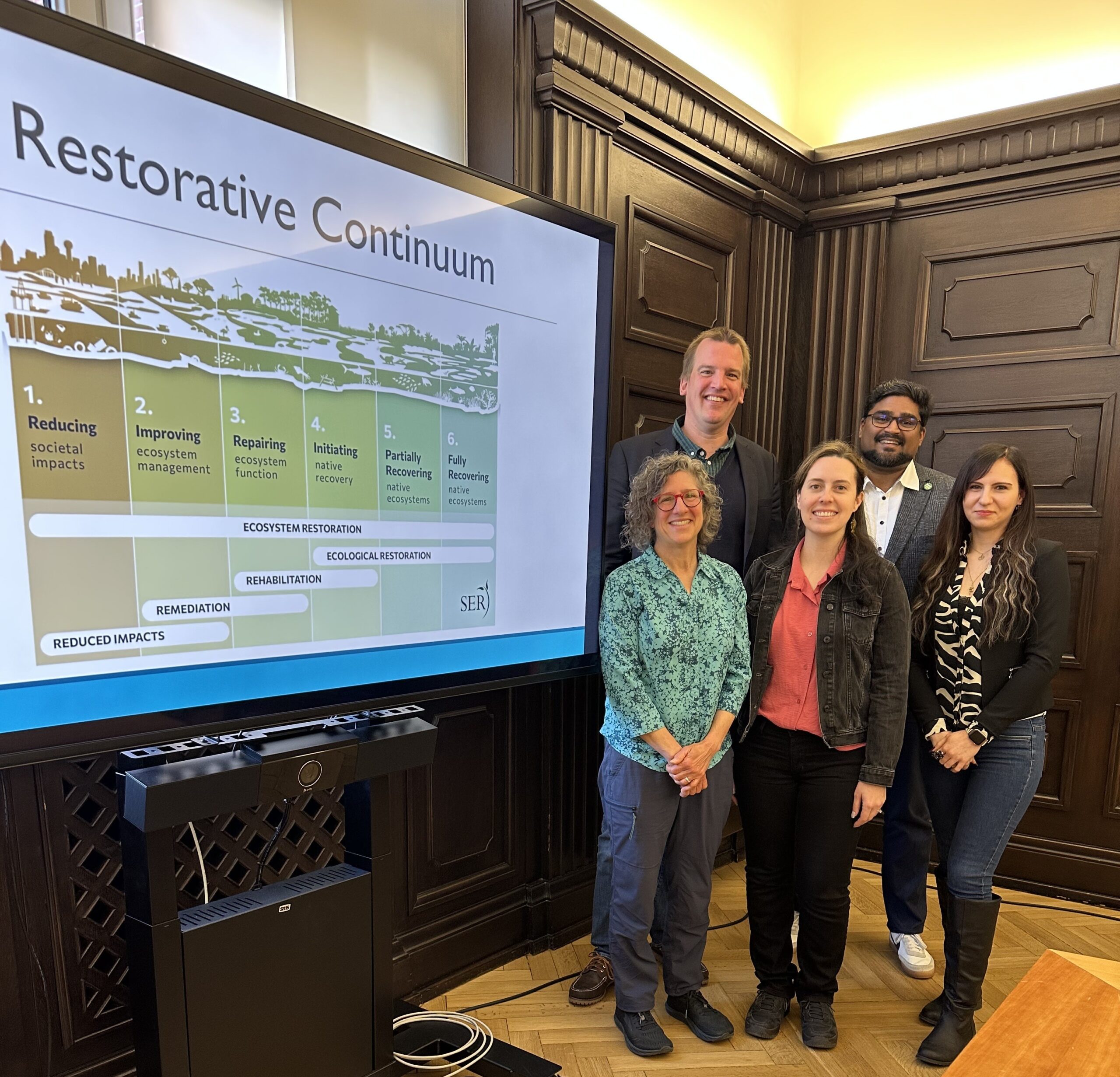
On May 21, 2025, the Georg Agricola University of Applied Sciences (THGA) in Bochum welcomed a delegation from the Society for Ecological Restoration (SER) for an intensive exchange on future cooperation opportunities in the field of ecological restoration in the context of post-mining. The aim of the meeting was to jointly explore ways in which scientific expertise and global standards for restoration ecology can be integrated into academic education and research.
A key focus of the exchange was on the CERP-Programm (Certified Ecological Restoration Practitioner), which could become a tailored component in the re-accreditation of THGA’s Master’s programs planned for 2026. The SER sees significant potential to embed foundational knowledge on ecological restoration into both Bachelor’s and Master’s curricula. Initial ideas range from digital guest lectures and expert workshops to long-term research cooperation.
A concrete anchor point could be the planned international symposium to be held in cooperation with the G20 Global Land Initiative | UNCCD in March 2026, where an additional workshop could be held as part of the symposium on global standards in post-mining, terminology and understanding of ecological restoration. Closer cooperation on translation issues - for example for a joint vocabulary project with institutions from the UN system - was also discussed.
In addition, the strategic further development of the Research Center for Post-Mining (FZN) was discussed during the visit - particularly with regard to its transformative role as a Transformationszentrums für Georessourcen und Ökologie (TGÖ). Ecological and nature-based approaches will also play a central role here in the future. The FZN brings comprehensive, holistic and technical expertise to this - including in the areas of geomonitoring, mine water management, hydrogeology, hydrochemistry and post-mining management. The center also plays an active role in the technical support of transformation processes in the sense of a just transition. This broad scientific and technical expertise makes the FZN a holistic knowledge platform that can be ideally complemented by SER's international and ecologically focused capabilities.
The combination of these two perspectives - technical post-mining expertise and ecological restoration on a global scale - opens up a unique partnership with great appeal. Together, innovative solutions can be developed for the challenges of post-industrial regions - both in the Ruhr region and worldwide.
Excursion to the Hoheward slag heap
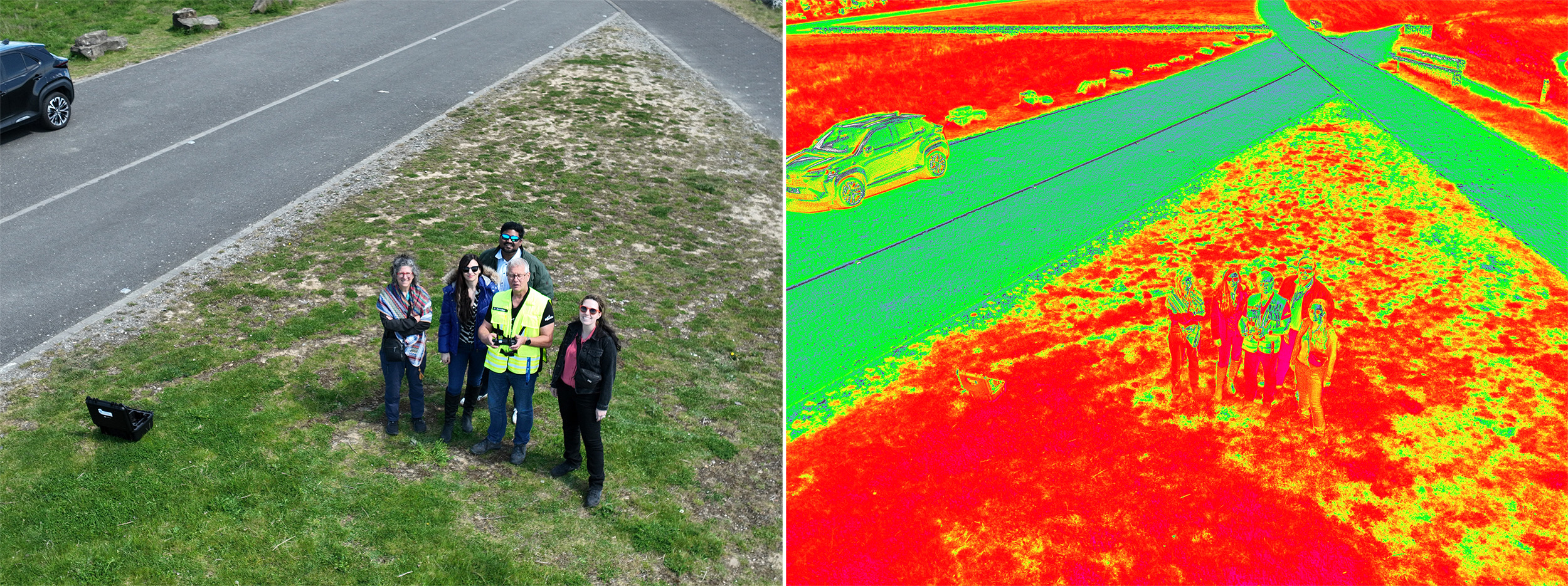
Photos on this website: FZN
Following the productive discussions, the group visited the Hoheward spoil heap in the Emscher Valley, a striking example of post-industrial transformation. Once a byproduct of coal mining, the site has been revitalized through ecological rehabilitation and landscape architecture to become a symbol of regional identity and socio-ecological value.
The day concluded at Landschaftspark Duisburg-Nord, a location that vividly demonstrates how industrial heritage can be preserved while also repairing ecosystem function. The park stands as a model for balancing heritage conservation, recreation, and near-natural development, all in the heart of the densely populated Ruhr region.
The dialogue between THGA, FZN, and the SER marks the beginning of a forward-looking partnership, one that uniquely combines local expertise, international standards, and ecological responsibility.


